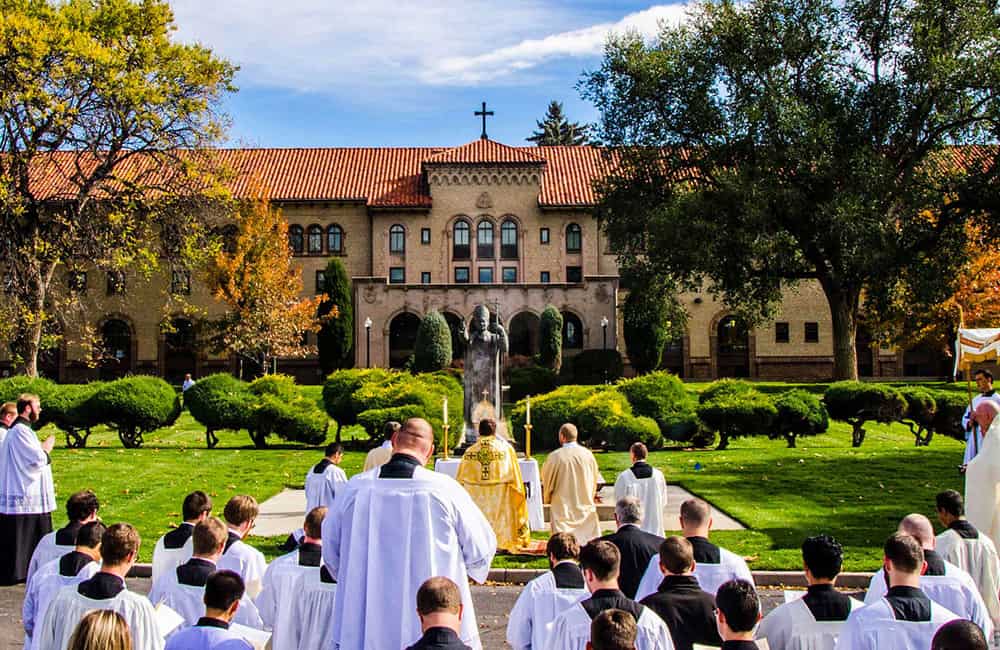In a recent legal maneuver, the Archdiocese of Denver and two affiliated parishes have taken a stand against Colorado’s Department of Early Childhood. The move comes as they challenge an antidiscrimination policy embedded in the state’s universal preschool program that extends safeguards to LGBTQ+ families and students. Citing potential violations of the First Amendment and religious freedom, the Catholic entities have filed a lawsuit in U.S. District Court in Colorado, igniting a contentious legal debate.
The lawsuit revolves around the requirement that participating preschools must adhere to nondiscrimination policies, offering admission regardless of religious affiliation, sexual orientation, or gender identity. This stems from a legislation initiated in 2022, granting all eligible families access to taxpayer-funded preschool. While designed to foster inclusivity, the Catholic group argues that the program contradicts the tenets of Catholicism. The Archdiocese contends that the enforcement of these policies compromises their constitutionally protected right to the free exercise of faith.
The heart of the matter lies in whether acknowledging a family’s LGBTQ+ status or adherence to a different gender identity constitutes “discrimination” as defined by the Department’s guidelines. The Archdiocese’s attorneys emphasize that their religious convictions shouldn’t be labeled as such. This legal tussle has brought to the forefront the tension between religious beliefs and the rights of LGBTQ+ individuals within the education system. Amidst the legal proceedings, the broader societal question persists: Can a preschool policy uphold both equal rights and the freedom of religious practice?
Colorado’s Governor, Jared Polis, who championed the universal preschool initiative, expressed disappointment with the Archdiocese’s challenge. While advocating for parent choice and an inclusive approach, Polis’s spokesperson emphasized the need for a system that doesn’t discriminate against anyone and provides accessible preschool education for all, irrespective of parental backgrounds or orientations. As the case unfolds, it underscores the complex intersection of legal, social, and moral considerations inherent in reconciling differing viewpoints on the fundamental rights of LGBTQ+ individuals and religious communities in educational settings.

